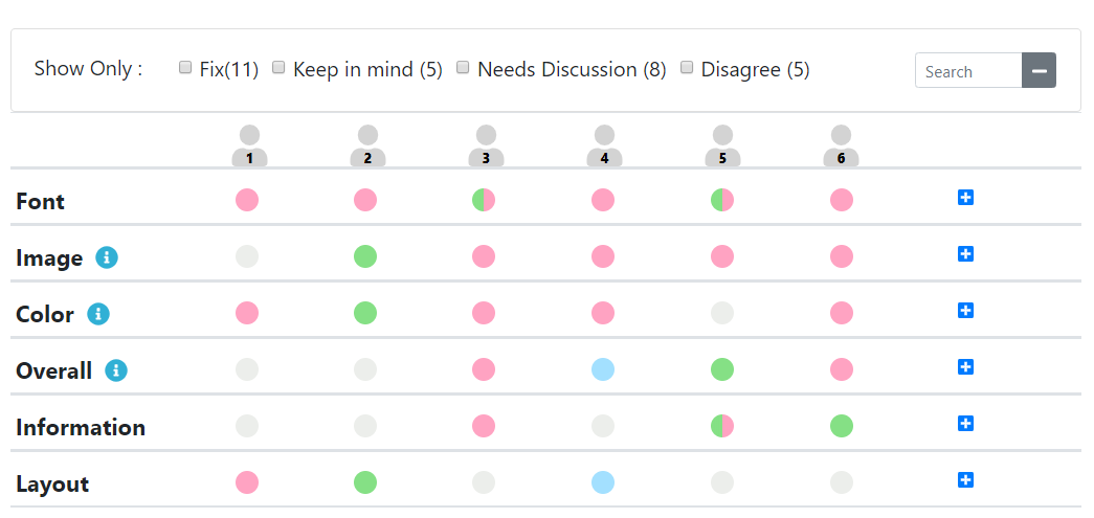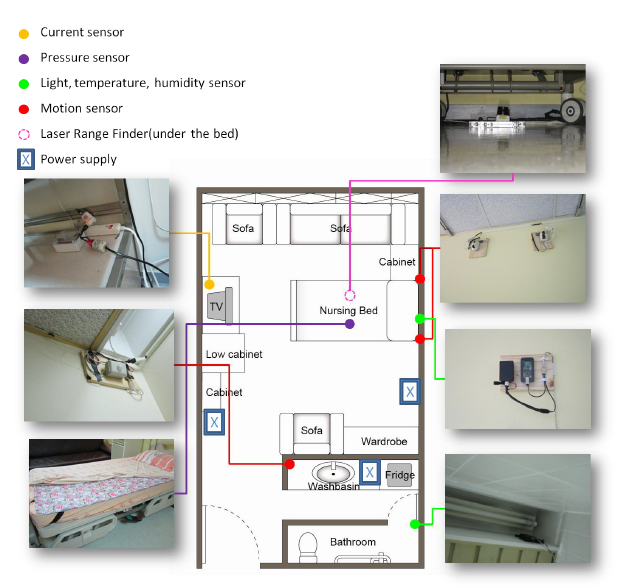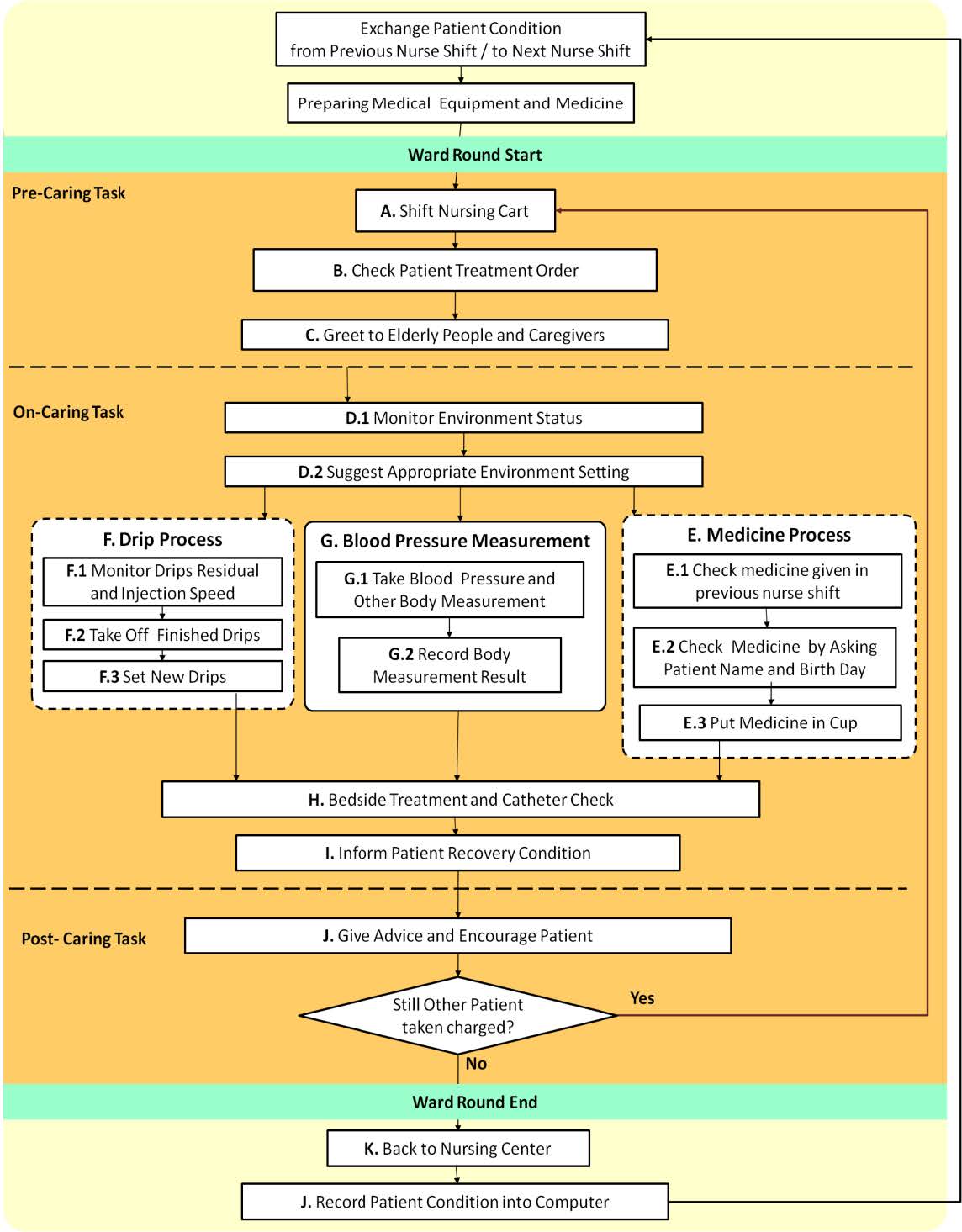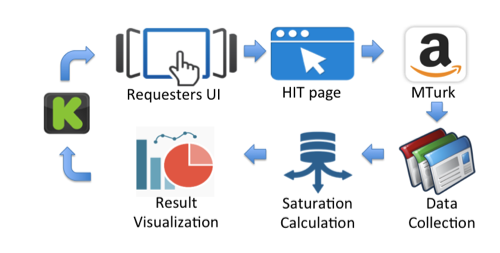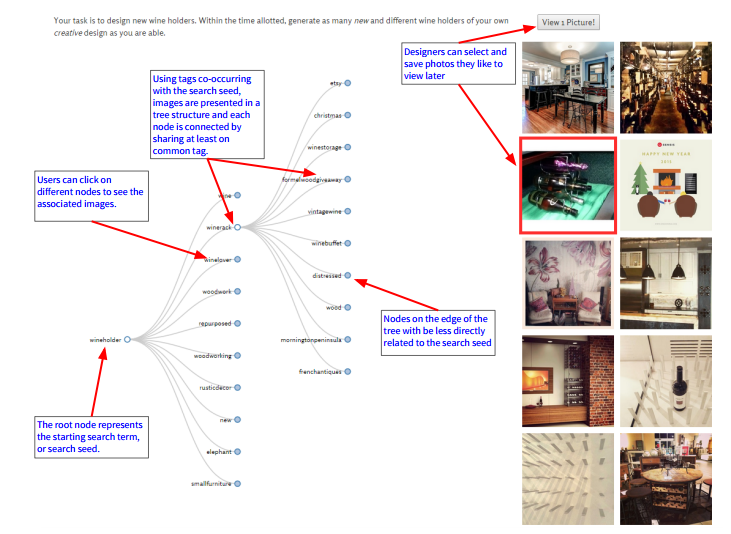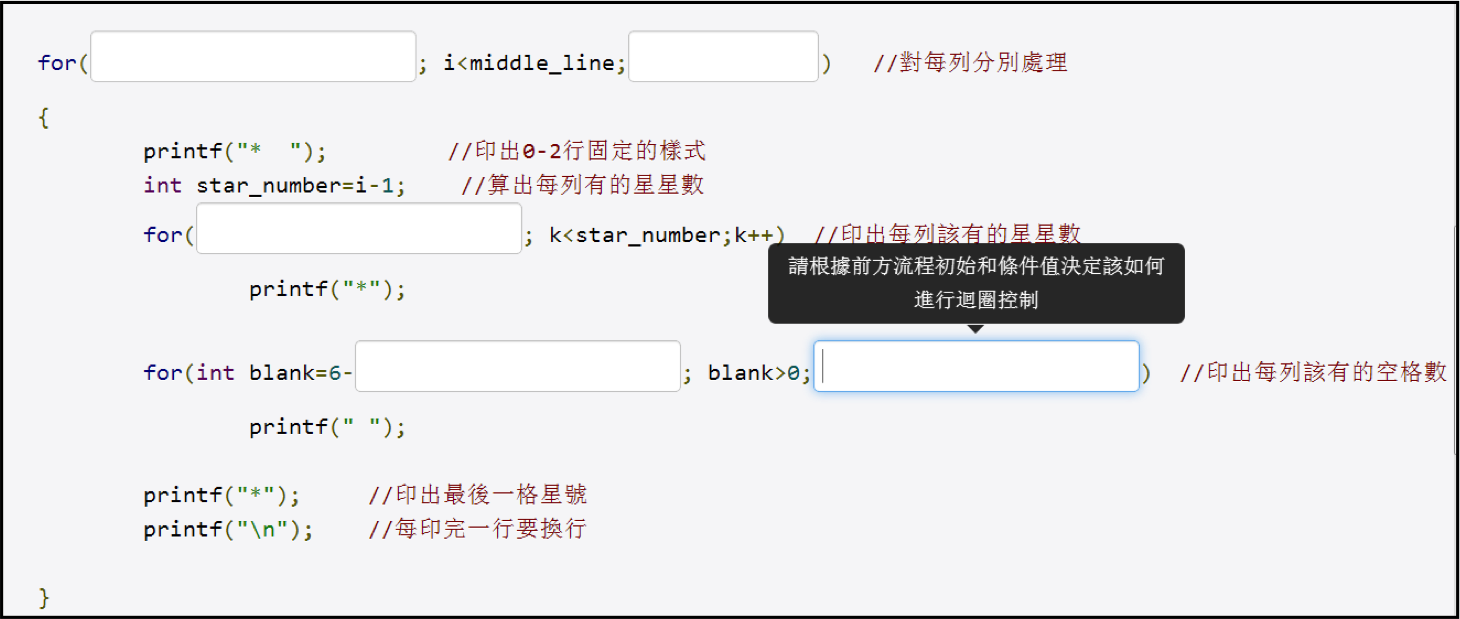Grace (Yu-Chun) Yen
NSF Computer Innovation Fellow | Ph.D. in Computer Science | Curriculum Vitae | Research Portfolio
I’m joining the Department of Computer Science at the National Yang-Ming Chiao-Tung University (former National Chiao-Tung University in Taiwan) as an assistant professor, starting Spring 2024.
I am currently a postdoc researcher at University of California San Diego working with Professor Steven Dow. Prior to UCSD, I earned my PhD degree from the Department of Computer Science at the University of Illinois at Urbana-Champaign, where I worked with Professor Brian Bailey. Before joining UIUC, I hold a M.S. degree from National Taiwan University working with Professor Li-Chen Fu on Smart Home application. My research draws together theories and insights from computer science, psychology, human-centered design, and artificial intelligence. I independently directed a number of research projects: from creativity support tools, collective intelligence, educational technology, to human-AI creative collaboration. My post doc work explores how to repurpose online community into personalized learning environment. My post doc is generously supported by a NSF-based CI Fellowship.
I have served as an Area Chair for ACM CHI'24, CSCW'23, Creativty & Cognition'22, the Web Chair for ACM Creativity & Cognition '24, and Registration Chair for ACM Creativity & Cognition '23'.
I am looking for motivated undergraduate and graduate students to join my group. If you are interested in working with me, please contact me at yyen@ucsd.edu with your CV, transcripts, and what makes you want to work with me.




Publication (Peer-reviewed)
| C.12 |
Jane E, Yu-Chun (Grace) Yen, Isa Pan, Grace Lin, Mingyi Lee, Hyoungwook Jin, and Steven Dow. Exploring Tradeoffs in the Timing of Design Feedbac. (In Submission to ACM CHI'24) |
| J.3 |
Yu-Chun (Grace) Yen, Jane E, Isa Pan, Grace Lin, Mingyi Lee, Hyoungwook Jin, and Steven Dow. ProcessGallery: Illustrating Design Principles through Contrasting Pairs of Early and Late Iterations of Visual Designs. ACM Conference On Computer-Supported Cooperative Work And Social Computing.(CSCW'24 to appear) |
| J.2 | Patrick Crain, Jaewook Lee, Yu-Chun (Grace) Yen, Joy Kim, Alyssa Aiello, and Brian Bailey. 2023. Visualizing Topics and Opinions Helps Students Interpret Large Collections of Peer Feedback for Creative Projects. ACM Transaction on Computer-Human Interaction 30, 3, Article 49. https://doi.org/10.1145/3571817. (TOCHI '23) |
| C.11 |
Grace Yu-Chun Yen and Steven Dow. Seeking Exemplars in the Wild: Exploring How Students Find Design Examples to Support Personalized Learning. Extended Abstract at ACM Learning at Scale (L@S'22) |
| C.10 |
Chi-Hsien Yen, Haocong Cheng, Grace Yu-Chun Yen, Brian P. Bailey, and Yun Huang. Narratives + Diagrams: An Integrated Approach for Externalizing and Sharing People's Causal Beliefs. Proc. ACM Hum.-Comput. Interact, CSCW2, Article 444 (October 2021). (CSCW'21)) |
| C.9 | Yu-Chun Grace Yen, Joy O. Kim, and Brian P. Bailey. Decipher: An Interactive Visualization Tool for Interpreting Unstructured Design Feedback from Multiple Providers. ACM Conference on Human Factors in Computing Systems (CHI ‘20). [pdf] |
| C.8 | Chi-Hsien Yen, Yu-Chun Grace Yen, and Wai-Tat Fu. An Intelligent Assistant for Mediation Analysis in Visual Analytics. ACM Conference on Creativity and Cognition (IUI ‘19) [pdf] |
| C.7 | Yu-Chun Grace Yen, Steven P. Dow, Elizabeth Gerber and Brian P. Bailey. Listen to Others, Listen to Yourself: Combining Feedback Review and Reflection to Improve Iterative Design. ACM Conference on Creativity and Cognition (C&C) 2017 [pdf] |
| C.6 | Helen Wauck, Yu-Chun Grace Yen, Wai-Tat Fu, Steven P. Dow, Elizabeth Gerber and Brian P. Bailey. From in the Class or in the Wild? Peers Provide Better Design Feedback Than External Crowds. ACM Conference on Human Factors in Computing Systems (CHI) 2017[pdf] |
| C.5 | Yu-Chun Grace Yen. Enhancing the Usage of Crowd Feedback for Iterative Design. ACM Conference on Creativity and Cognition (C&C) 2017 (Doctoral Consortium) [pdf] |
| C.4 | Yu-Chun Grace Yen, Steven P. Dow, Elizabeth Gerber and Brian P. Bailey. Social Network, Web Forum, or Task Market?: Comparing Different Crowd Genres for Design Feedback Exchange. ACM Conference on Designing Interactive Systems (DIS) 2016[pdf] |
| J.1 | Chun-Feng Liao, Yu-Chun Grace Yen, Yu-Chiao Huang, Li-Chen Fu. An Empirical Study on Engineering a Real-World Smart Ward Using Pervasive Technologies. IEEE Systems Journal 2016 [pdf] |
| C.3 | Yu-Chiao Huang, Chun-Feng Liao, Yu-Chun Yen, Li-Jen Hou, Li-Chen Fu, Chia-Hui Chen, Chiung-Nien Chen. An Extensible Situation-Aware Caring System for Real-World Smart Wards. International Conference on Smart Homes and Health Telematics (ICOST) 2012[pdf] |
| C.2 | Yu-Chun Yen, Jiun-Yi Li, Ching-Hu Lu, Tsung-Han Yang and Li-Chen Fu. Human-Centric Situational Awareness in the Bedroom. International Conference on Smart Homes and Health Telematics (ICOST) 2011[pdf] |
| C.1 | Yu-Chun Yen, Ching Hu Lu, Yi Chung Cheng, Jing Siang Chen, Li Chen Fu. Towards an Evidence-Based and Context-Aware Elderly Caring System Using Persuasive Engagement. International Conference on Human-Computer Interaction (HCII) 2011[pdf] |
Master's Thesis
| T.1 | Yu-Chun Yen. Human centric and Context aware Perva sive Healthcare System in the Hospital for Elderly People. 2011. National Taiwan University. [pdf] |
Patent
| P.1 | Yu-Chun Yen, Li-Chen Fu, Tsung-Han Yang, Fang-Cheng Liu, Chun-Feng Liao.An information processing system based on multi-layer inference architecture. Taiwan Patent ID: I486914. June, 2015-May, 2032 [LINK] |
